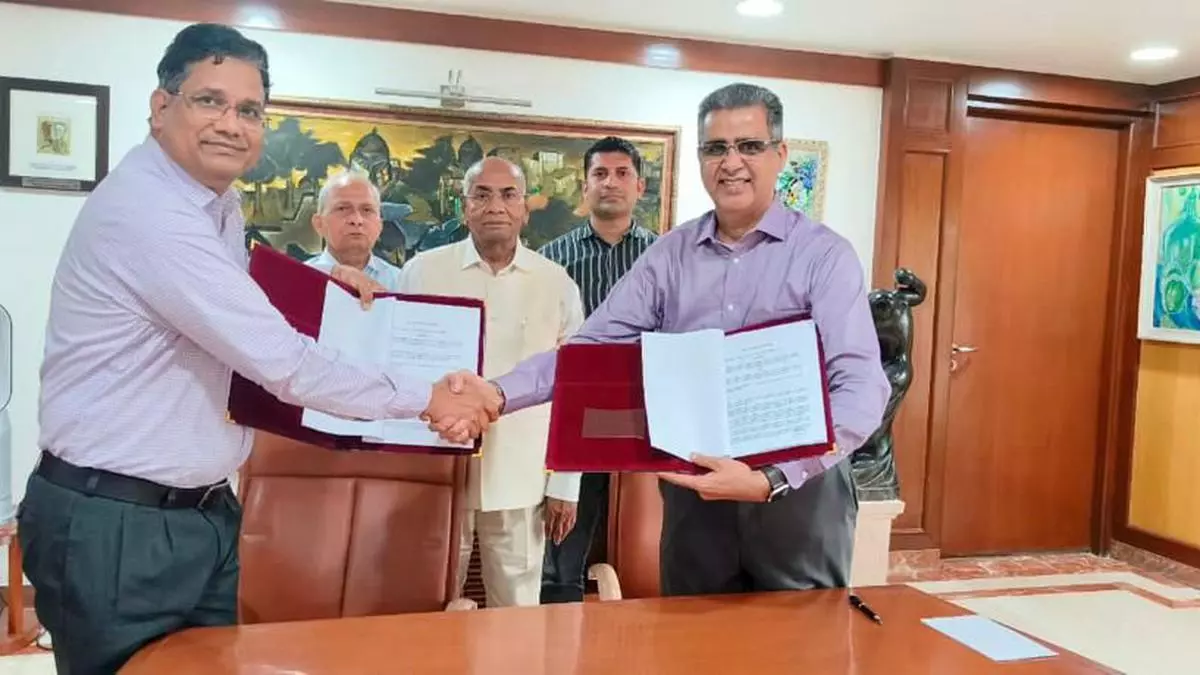IFFCO to export nano urea to the US
Compatible with Prime Minister Narendra ModiVisit of the US President of Fertilizer to the United States IFFCO Started to export the domestically developed nano urea to the North American country. An agreement in this regard was signed between IFFCO and Kapoor Enterprises Inc, California in New Delhi on Monday.
Exporting locally manufactured urea nanoparticles to the United States is a giant step towards realizing the prime ministers dream ofAhkar Se Samriddhi And Atmanirbhar Bharat, IFFCO said in a statement. However, the sources said that the amount of urea nanoparticles exported to the United States has not been finalized yet.
Reduce costs
More than 5 lakh bottles of IFFCO nano urea are exported to more than 25 countries including Brazil, South Africa, Sri Lanka, etc. A 500ml bottle of IFFCO Nano Urea will replace at least one sachet of conventional urea. The bottle can significantly reduce the cost of logistics and warehousing, IFFCO said, adding that it has already sold more than Rs 5.7 crore nano-urea bottles in India since it was commercialized.
IFFCO said urea nanofluids and DAP nanofluids are game-changing innovations in the agriculture industry leading to sustainable farming. Nano urea has been developed by IFFCO scientists and engineers through a proprietary technology developed at Nano Biotechnology Research Centre, Kalol. IFFCO has also introduced Nano DAP liquid which is available to growers all over the world. Nano DAP is an effective solution to increase plant productivity. It is cheaper than traditional DAP.
High production
IFFCO said that nano-urea increases production while improving nutritional quality and also reduces the use of chemical fertilizers. It also makes crops stronger and healthier and protects them from the effect of lodging.
IFFCO said that urea nanoparticles have a significant impact on the quality of groundwater and soil by reducing water, air and soil pollution, which leads to a significant decrease in global warming with a positive impact on climate change, which leads to sustainable development, and cited two reports on the role of nanoparticle urea in reducing greenhouse gases. greenhouse.
“Green House Gas (GHG) savings from using 5 bottles of urea nanoparticles are equivalent to one planted tree,” said global consulting firm E&Y. Another report by the International Rice Research Institute also stated that “According to the preliminary report submitted by the Rainfed Lowland Rice Research Station, Girwa (Assam), IRRI-ISARC Experiments (Autumn 2021); if 50 per cent of the rice cultivation area is cultivated in India by using urea nanoparticles, it will reduce greenhouse gas emissions by about 4.6 million tons of carbon dioxide equivalent.”
